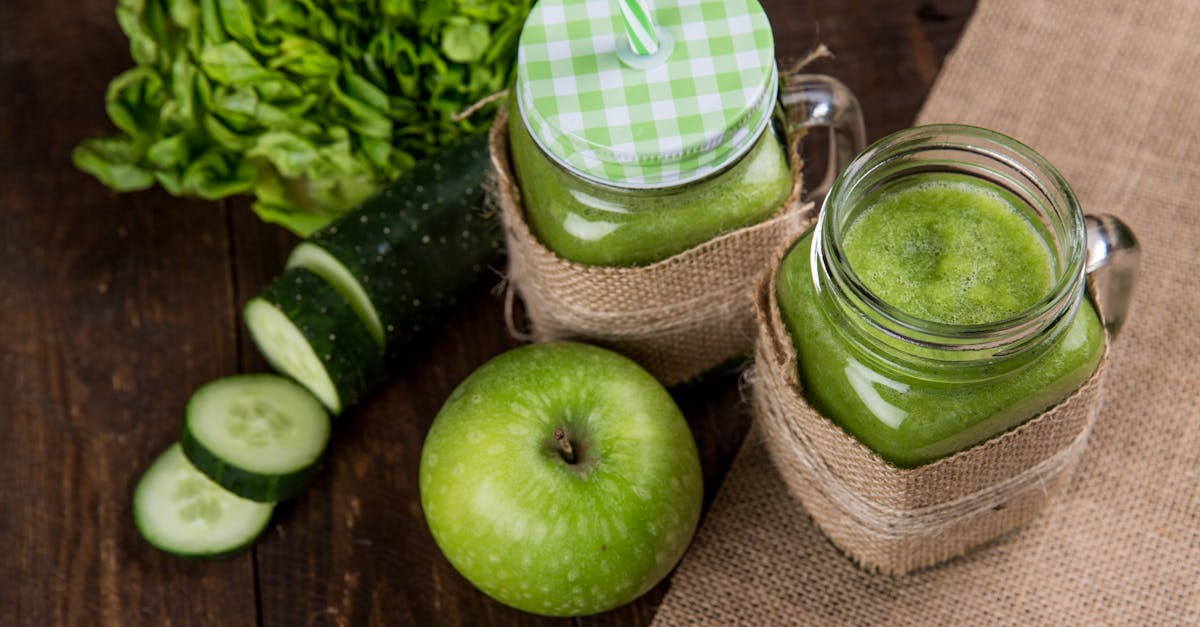Nutrition plays a crucial role in rehabilitation. It impacts how effectively you recover from injuries or surgeries. Whether you’re dealing with physical therapy or recovering from an illness, understanding nutrition in rehabilitation can help optimize your recovery process. A well-planned diet can boost your energy, support your body, and improve your overall quality of life.
Imagine speeding up your recovery with the right foods and nutrients. You may not realize it, but your body often relies on specific nutrients to heal. Protein intake aids muscle repair, while antioxidants and omega-3 fatty acids fight inflammation. Incorporating vitamin D and other dietary supplements could be key to regaining strength. It’s also important to focus on nutrient timing, ensuring you get the right mix at the right moments.
If recovery and returning to normal life are your goals, diving into this guide will arm you with essential nutritional knowledge. Let’s explore how you can enhance your recovery journey and achieve optimal health. Ready to unlock the secrets of rehabilitation nutrition?

Photo provided by Ella Olsson on Pexels
Within the article
Importance of Nutrition in Rehabilitation
You might wonder why nutrition in rehabilitation is so important. Well, focusing on your diet and recovery essentials can make a big difference. Proper nutrition can help speed up your healing process and improve your overall well-being. When you’re going through rehabilitation, your body needs extra nutrients to repair itself.
Role of Rehabilitation Nutrition
Rehabilitation nutrition plays a crucial role in helping you heal and regain strength. It’s not just about eating any food. It’s about eating the right kinds of food. A balanced diet can help you rebuild your strength and keep your energy levels up. Choosing the right foods ensures that your body gets what it needs to recover.
Impact of Nutritional Therapy
Nutritional therapy can support you in your rehabilitation journey. This therapy involves using specific foods and nutrients to boost your recovery process. For instance, certain foods can reduce inflammation or promote muscle healing. By incorporating these foods, you can experience faster rehabilitation and feel better more quickly.

Key Elements of Nutritional Support
Understanding the key components of nutritional support can significantly aid in your recovery. Knowing what to eat can ensure that you’re giving your body exactly what it needs to heal effectively.
Recovery Foods and Their Benefits
- Include lean proteins for muscle repair.
- Eat fruits and vegetables for vitamins.
- Choose whole grains for energy.
Recovery foods are those that help your body heal and feel better. Lean proteins like chicken and fish are great for muscle repair. Fruits and vegetables provide essential vitamins that aid in healing. Whole grains give you energy to keep going through your rehab activities.
Integrating Dietary Supplements
Sometimes, your diet might need a little boost. That’s where dietary supplements come in. They can fill in the gaps where your diet might fall short. Some effective supplement options include those rich in vitamins and minerals. Just make sure you consult with a healthcare provider before adding them to your routine.
Optimal Protein Intake
Protein is key to repairing and building muscles. You should aim to get enough protein each day to support your body’s needs. Whether it’s through food or protein-rich supplements, maintaining optimal protein intake helps heal muscles faster.

Photo provided by Toni Cuenca on Pexels
Essential Nutrients for Rehabilitation
Exploring the essential nutrients your body needs during rehabilitation is important. Each nutrient plays a unique role in helping you recover better.
Importance of Vitamin D
Vitamin D is vital for your bone and muscle health. It helps your body use calcium effectively, which is important for strong bones. Make sure to get enough vitamin D from sources like sunlight and foods such as fortified milk and fish.
Benefits of Antioxidants
Antioxidants help reduce inflammation and stress in your body. These substances can be found in fruits like berries and vegetables. By eating antioxidant-rich foods, you support your body’s natural healing processes and reduce recovery time.
Role of Omega-3 Fatty Acids
Omega-3 fatty acids are great for joint and heart health. These nutrients can be found in foods like fish and walnuts. Incorporating these foods into your diet can improve your overall recovery experience.

Photo provided by Suzy Hazelwood on Pexels
Strategies for Effective Nutrient Timing
Learning when to consume certain nutrients can maximize your recovery. Nutrient timing is all about getting the right nutrients at the right time for optimal healing.
Scheduling Recovery Foods
It’s important to plan when you eat your recovery foods. Eating before and after physical therapy sessions can enhance recovery. A balanced meal full of proteins and carbs can fuel your body for exercise and help in muscle repair afterward.
Timing Protein Intake
You should also consider when to eat protein. Consuming protein right after a workout can help your muscles repair and grow stronger. Aim to include protein in meals and snacks to keep your muscles nourished throughout the day.
Embrace Your Path to Recovery
Taking charge of your recovery with a balanced diet offers numerous benefits. It helps boost your energy levels and supports a faster healing process, giving you the strength to face each day with confidence. Proper nutrition also improves your mood and overall well-being, making your journey smoother and more manageable. By understanding the power of food, you can improve both your body and mind during rehabilitation.
Begin by incorporating nutrient-rich foods into your meals. Focus on adding lean proteins, colorful vegetables, and healthy fats like omega-3s. Supplementing with vitamins and minerals can further enhance your recovery, so consider adding dietary supplements if needed. Keep track of your progress and adjust your diet as required to meet your unique needs. If you feel uncertain, consult a nutritionist to help tailor a plan that works best for you.
Now is the time to take the first step toward a healthier future. Start by planning your next meal with these tips in mind. You have the ability to transform your recovery journey and get back to enjoying life. Embrace this opportunity and see the positive changes for yourself.
